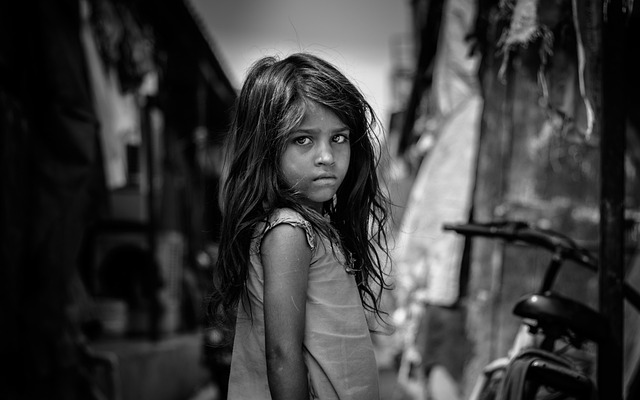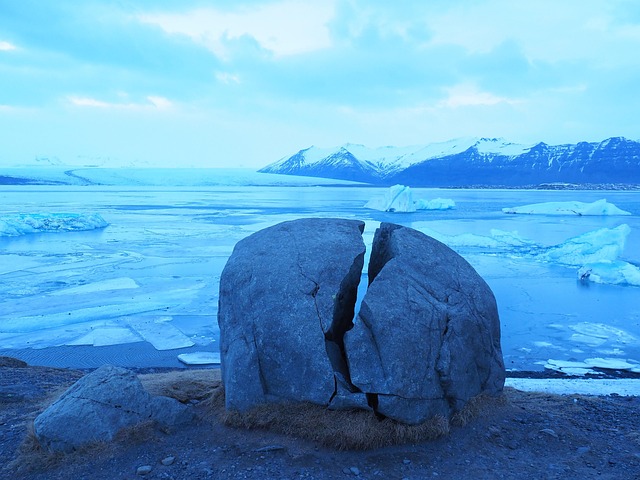The world is facing an unprecedented crisis as we witness the alarming effects of melting environments and climate change. Among the most vulnerable to these changes is the population living in poverty. This harsh reality underscores how intertwined our environmental challenges are with social issues, particularly poverty, thereby creating a vicious cycle that is difficult to break.
As glaciers recede and polar ice diminishes, the effects are felt far beyond the cold regions of the Earth. The resulting rise in sea levels threatens coastal communities, many of which are already struggling economically. Families living in poverty often inhabit the most hazardous areas, making them more susceptible to extreme weather events such as hurricanes and flooding. When these disasters strike, it is the marginalized who bear the brunt, losing their homes, livelihoods, and access to basic necessities.
Furthermore, climate change impacts agriculture—a crucial source of income for many impoverished families. As environmental conditions shift, unpredictable weather patterns and extreme temperatures lead to crop failures. Small-scale farmers, often reliant on their harvests for survival, face devastating losses that drive them further into poverty. Ironically, while these communities contribute the least to greenhouse gas emissions, they are often the first to feel the consequences of climate change.
The melting of environments also exacerbates resource scarcity, particularly water supply. Many impoverished regions already struggle with access to clean water, but as glaciers melt—that vital freshwater source diminishes. This leads to disputes and instability, further entrenching communities in cycles of poverty. The people reliant on these dwindling resources experience the compounded stress of environmental degradation and economic hardship.
Moreover, rapid changes in the environment can lead to displacement. Climate refugees forced to leave their homes often find themselves in cities ill-equipped to handle sudden population surges. These urban areas may not offer sound employment opportunities, and individuals may resort to informal work that pays less and lacks security. The struggle against poverty is exacerbated in these conditions, making it nearly impossible to secure a better future.
Addressing poverty in the context of climate change requires comprehensive strategies that connect environmental sustainability with economic opportunities. Sustainable development practices can empower communities to weather the impacts of climate change while fostering resilience against economic shocks. Education and access to technology are essential in equipping those affected by poverty with the tools they need to adapt to these new realities.
While the challenges posed by melting environments and climate change appear daunting, they present an opportunity for constructive change. By prioritizing the needs of impoverished communities in discussions on climate policy, the global conversation can shift towards inclusive solutions that uplift and empower those most affected. Recognizing that poverty and environmental degradation are inextricably linked can pave the way for a more sustainable and equitable future for all.



